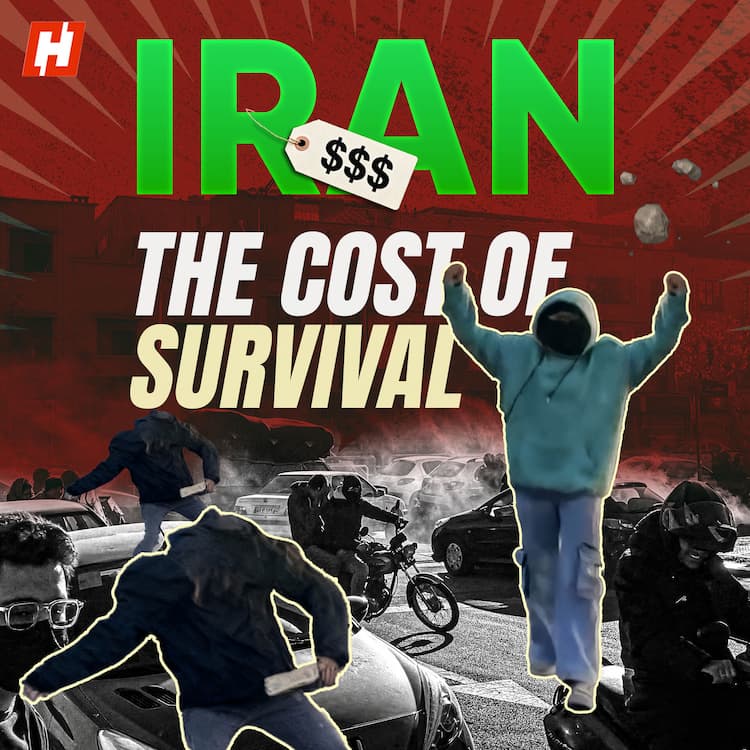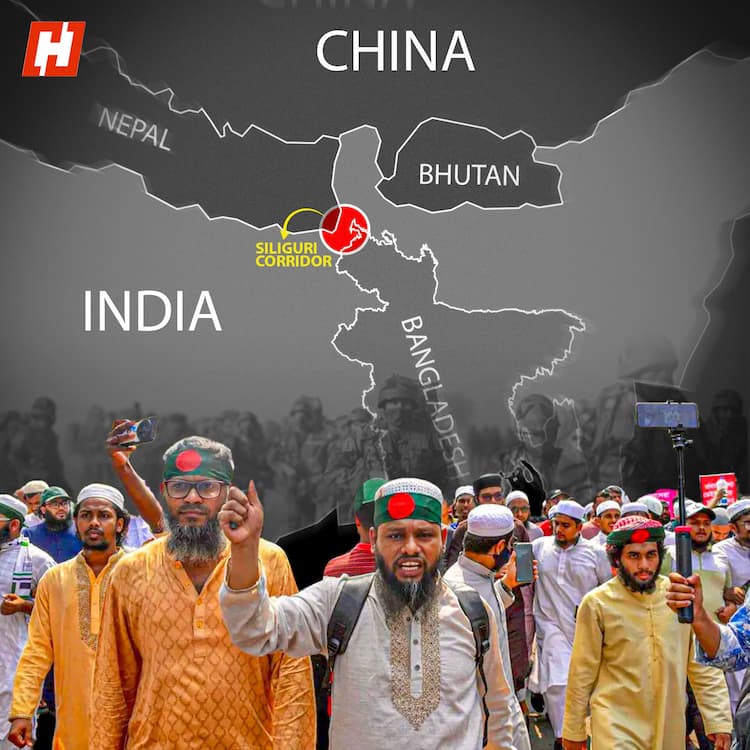Did China use the India-Pakistan military conflict in May as a proxy advertisement to showcase its advanced weaponry? Well, a new US report certainly claims so.
In its submission to the US Congress, the US-China Economic and Security Review Commission wrote that “Beijing opportunistically leveraged the conflict to test and advertise the sophistication of its weapons”.
For context - The USCC is a legislative branch commission that was formed by the US Congress in October 2000. The Commission’s mandate is to monitor, investigate, and submit an annual report on the national security implications of the US-China bilateral trade and economic relationship.
According to the report, the military clash was the first time China’s modern weapons systems were used in active combat, thus serving “as a real-world field experiment”. Adding that Beijing touted Pakistan’s allegedly “successful” use of its fighter jets and air-to-air missiles to down French-made Rafale jets used by India.
Even French intelligence condemned what it called China's “disinformation campaign to hinder sales of the Rafales in favour of its own J-35s”. To do this, Beijing used fake social media accounts to propagate AI and video game images of supposed “debris” from the planes that were destroyed.
China’s ploy seems to have worked.
The report said that Chinese Embassy officials managed to convince Indonesia to halt the purchase of Rafale jets. Indonesia, instead, announced plans to purchase 42 Chinese J10 fighter jets for $9 billion.
The report has already led to an outcry in India. Congress General Secretary Jairam Ramesh decried the report as “absolutely unacceptable.” He claimed India’s diplomacy received “yet another serious blow”. Especially since the report categorises the April 22nd Pahalgam terror attack as an “insurgent attack”.
Ramesh further lamented Prime Minister Modi’s silence on US President Donald Trump’s repeated public claims of having stopped the military conflict. The senior Congress leader questioned whether PM Modi and the MEA (Ministry of External Affairs) would raise objections and register a protest on this.
At the time of filing this report, that was yet to happen.





